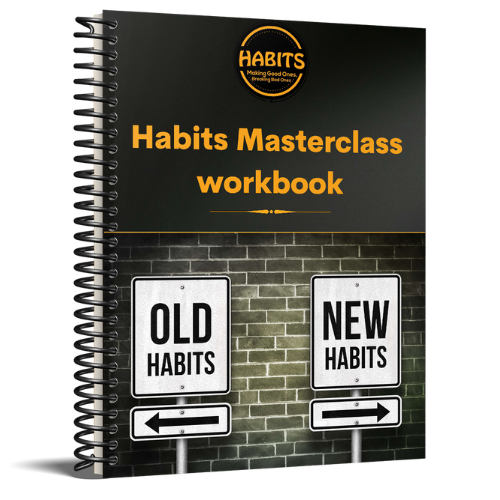The Pain Points of Pastors – Survey
In the next few days, I’ll be posting a couple posts on the toughest things about being a pastor. I’m doing a survey of all my readers who are pastors, to see what you say are the toughest things about your job. If you’ve already taken the survey, thank you! I’m working through the results now […]









